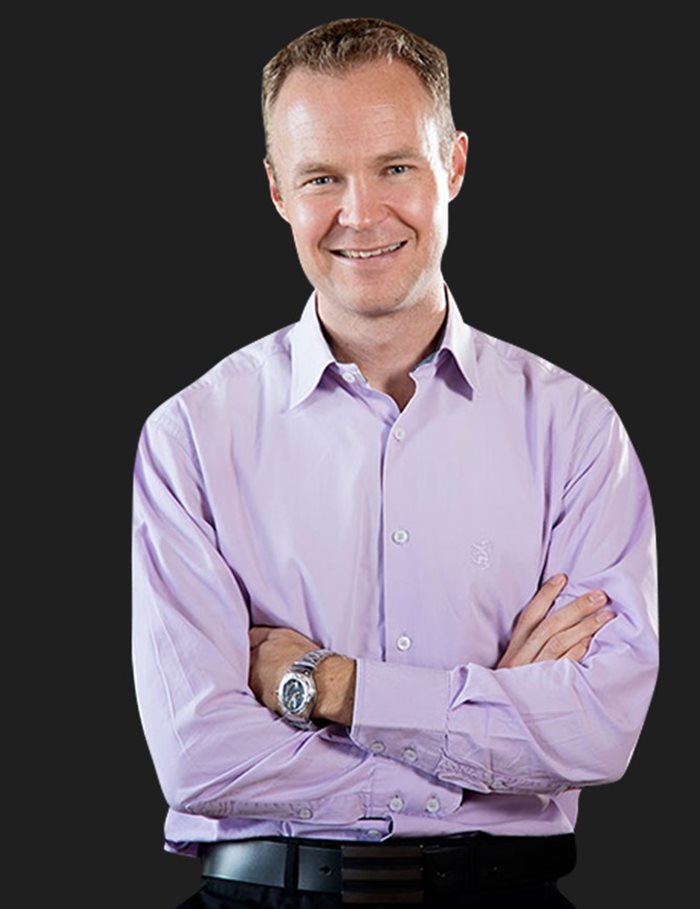
With the pandemic seemingly behind us, the insurance industry is counting the costs and assessing its operating landscape. During the pandemic, fully underwritten insurance decreased by 7% on a compound annual growth rate (CAGR) in 2021 and 2022. This reduction occurred on the back of affordability concerns exacerbated by a high inflation and spiralling interest environment, which has seen many consumers shopping down.
While this may be understandable from an affordability perspective, as fully underwritten products are more expensive than say, funeral cover, consumers are unwittingly exposing themselves to more financial hardship should anything befall the breadwinner or their loved ones. It means that their ability to financially absorb the death of a breadwinner will be severely limited.
Consumers need to be aware that although fully underwritten insurance premiums tend to cost a little more, their cost benefit is better as the cover is much broader.
The flip side is that the uptake of funeral cover has increased over the last 24 months. We realised that as people shop down, they opt for funeral policies instead of fully underwritten products. The outbreak of Covid-19 has reminded many consumers of their vulnerability and mortality.
One of the biggest trends that we have seen emerge since the outbreak of the pandemic is the renewed importance placed on preventative healthcare by many consumers. Loved ones were forced to stay apart due to lockdown restrictions; this strengthened family bonds, resulting in more consumers opting for family-related cover as opposed to standalone cover.
Similarly, health and healthcare has become a significant focal point, where people are no longer just looking for insurance for a potentially tragic event but are also keen to protect themselves against other health-related challenges. This is part of the reason why Hollard has seen an increased take up on critical illness benefit, which is designed to meet the needs of those consumers who are concerned about the financial plight of their families in the event of a debilitating illness that may render them unable to work.
Health and safety concerns about potential contamination led to rapid consumer adoption of contactless digital channels for sales, service, claims and collections. However, an interesting trend is that with the significant dissipation of the pandemic, we are also seeing a reversal of usage of digital channels.
We hope that in 2023 we can build back some of the trends that we see, because there is a win-win outcome from the usage of digitally enabled platforms: the customers are able to control their engagements more, with access to services on a 24-hour basis. In turn insurers can be more efficient and effective; because of this they can ultimately lower the cost barriers for customers.
Looking ahead, there are strong indications that insurers will be required to introduce new products to the market for compliance purposes, as funeral cover is likely to be excluded as an access product by the financial sector charter.
On the collections front, a compelling consumer education drive will be required to sensitise wary consumers about how to securely authenticate debit orders. The prevalence of phishing has made consumers distrustful of clicking on links to authenticate debit orders, which in turn makes collection of debit orders a challenge for insurers.
